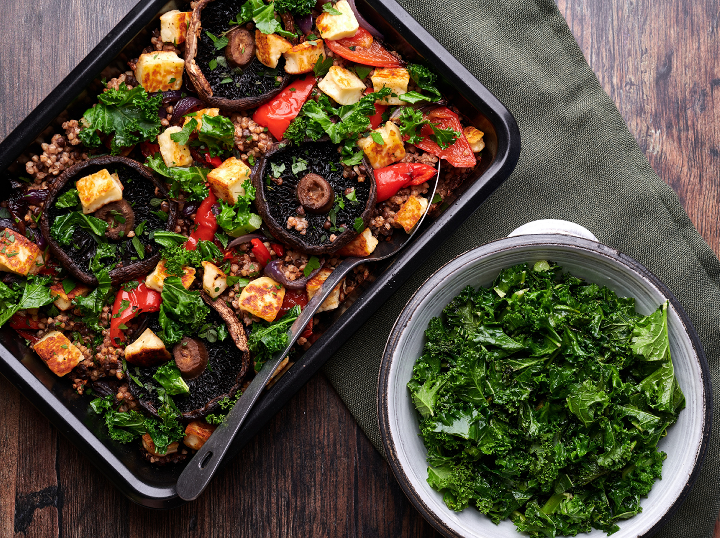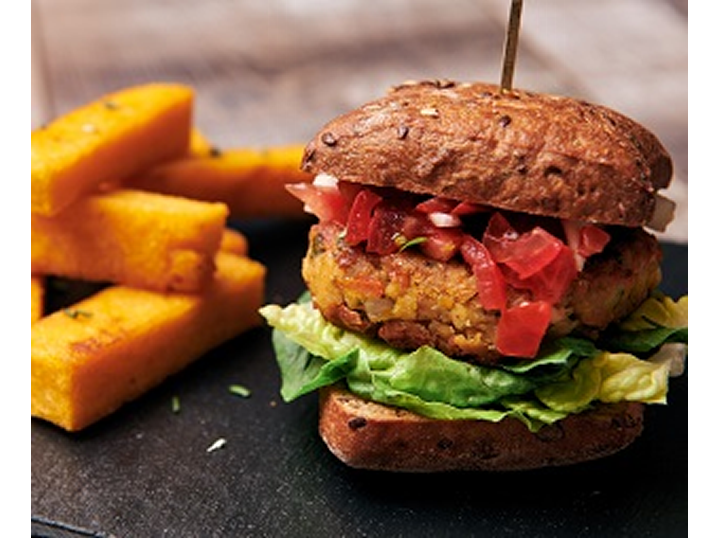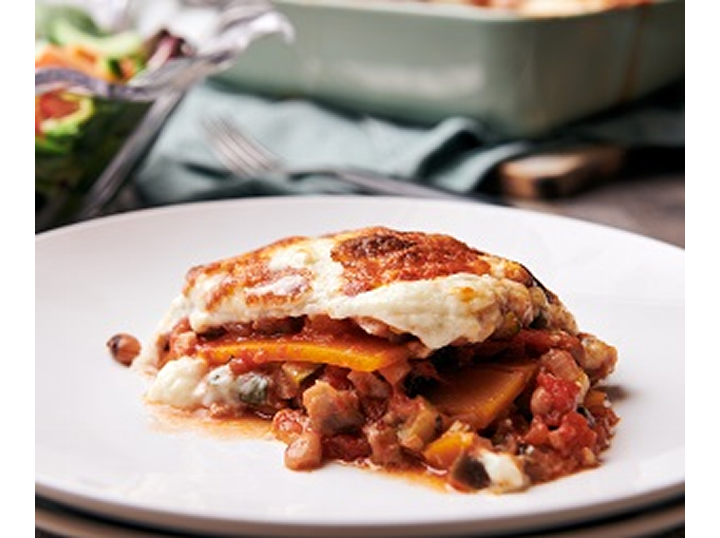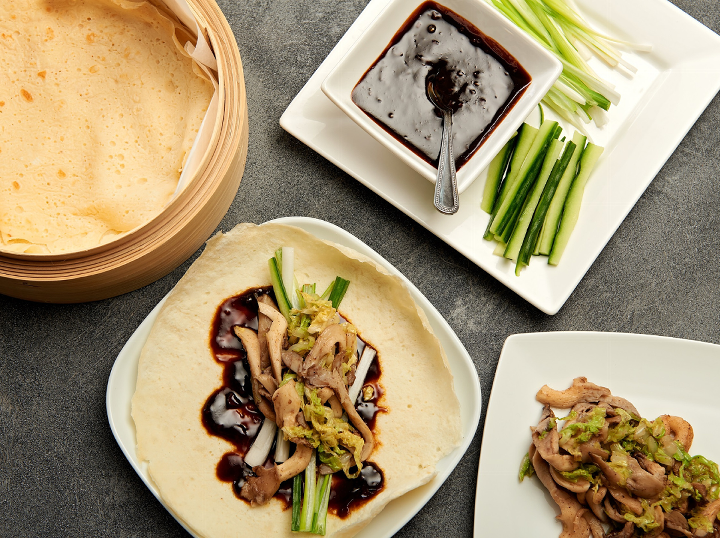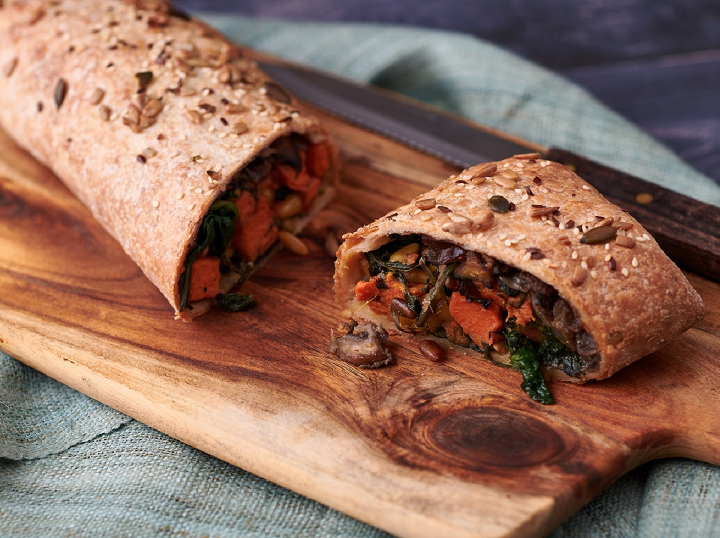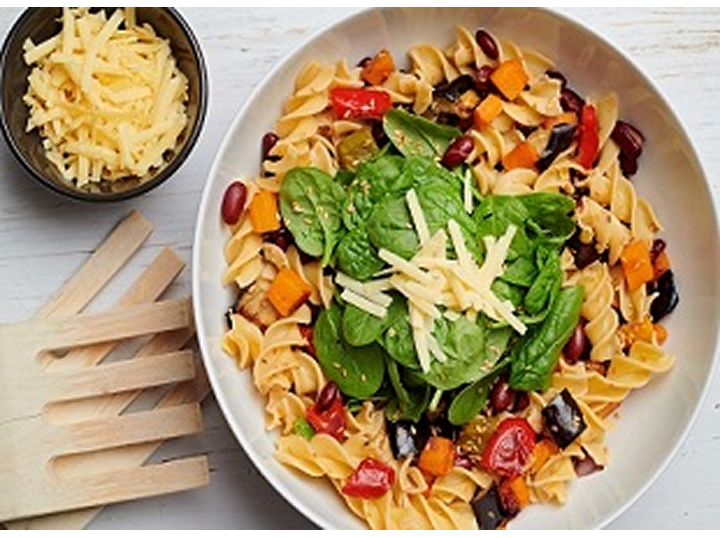Following a vegetarian and gluten free diet
Is it possible to follow a vegetarian or vegan diet when you're already gluten free? Yes! But limiting your diet further does mean you need to take extra steps to reduce the risk of nutritional deficiencies. We're here to make it easy for you.
Why do I need to take care with my diet?
Undiagnosed coeliac disease damages the gut in the area where some nutrients are absorbed. This can increase the risk of iron and B vitamin deficiencies, and osteoporosis (because of reduced absorption of calcium). So whenever you change your diet, it's important to make sure you're getting enough of these nutrients to stay healthy.
Protein
If you are not eating meat and fish you need to make sure you’re getting protein from other sources. There are lots of vegetarian alternatives to meat products out there, but it's important to always check that they're gluten free.
Non meat sources of protein which are also gluten free include:
- textured vegetable protein made from soya and tofu* made from soya milk
- pulses (peas, beans, lentils)
- eggs
- nuts, nut butters and seeds
- mycoprotein, a high protein meat alternative
Calcium
To have good bone health, you need a diet rich in calcium as this can help treat and prevent osteoporosis in people with coeliac disease. Foods rich in calcium include dairy products such as milk, cheese and yogurt.
If you are following a vegan diet you can drink soya and rice milk fortified with calcium as an alternative to cow’s milk. Other non dairy sources of calcium include:
- tofu*
- dark green vegetables (kale, broccoli)
- seeds (sesame, sunflower)
- kidney or baked beans
- dried fruit (raisins, apricots, figs)
Iron
If you don’t have enough iron in your diet it can lead to iron deficiency anaemia. The following foods are all good sources of iron and suitable for a gluten free and vegetarian diet:
- pulses (peas, beans, lentils)
- eggs
- dark green vegetables (kale, broccoli)
- dried fruit (raisins, apricots, figs)
- nuts and seeds.
To improve iron absorption, include food and drink rich in vitamin C with meals. Good sources include fruit juice, citrus fruits and potatoes.
Vitamin B12
Vitamin B12 is found naturally in foods like milk and eggs, so deficiency is not usually a problem for most people on a vegetarian diet. If you're following a vegan diet, alternative sources include:
- fortified margarines
- fortified yeast extracts*
- fortified breakfast cereals*
- fortified soya milk, yogurts and desserts.
Many specialist vegan foods are supplemented with vitamin B12 but may not be gluten free, so it's recommended that you take additional supplements. If you're concerned about meeting your nutritional requirements, talk to your dietitian or GP for advice about your diet and supplementation.
Vitamin D
You need vitamin D for calcium absorption, which your body makes when you get sunlight on your skin. In the UK, people will get less vitamin D from sunlight in the winter months, making dietary sources essential. Foods like oily fish, eggs and some yogurts and breakfast cereals are sometimes fortified with vitamin D - check the label to see. But supplements may be required to ensure you are getting enough.
Public Health England and Scottish Government recommendations indicate that supplements should be considered in winter months for everyone aged 4 years and older. Other people, including breastfeeding or pregnant women and children under four, may need to take a daily supplement. Some calcium supplements prescribed by your GP may also contain vitamin D.
*Check Coeliac UK's Food and Drink Information for suitable products.
